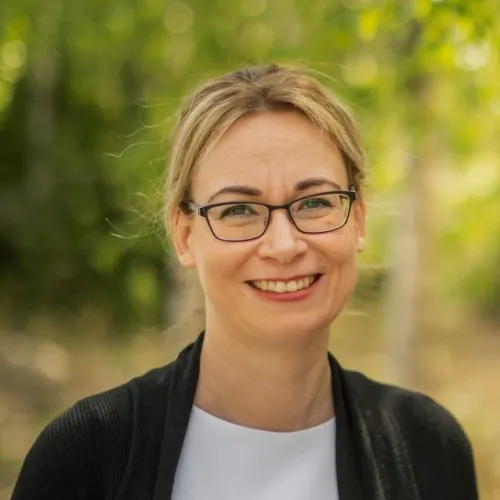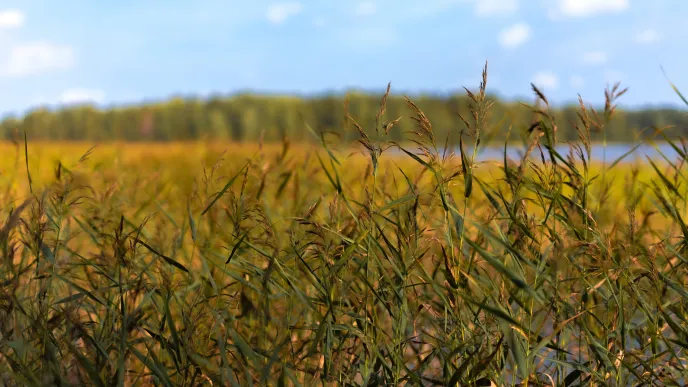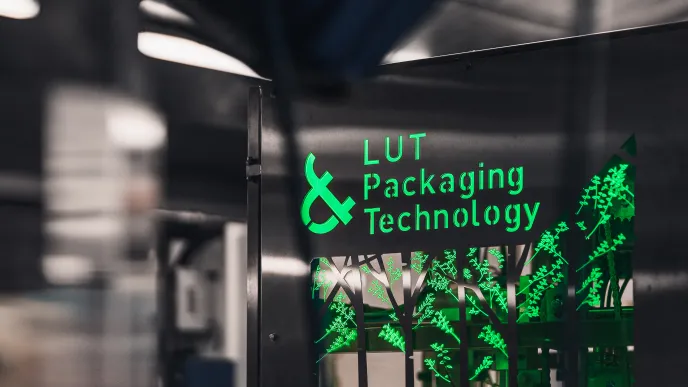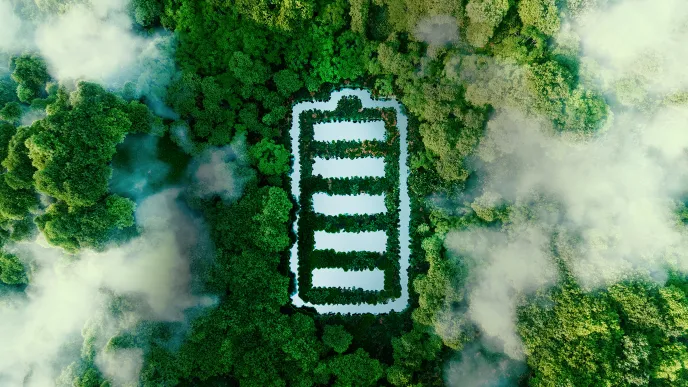The Marjatta and Eino Kolli Foundation is donating a total of 2.5 million euros to LUT University and the LAB University of Applied Sciences. The donation is allocated for three separate purposes on the Lahti campus: LUT’s separation technology research, LUT's new civil and construction engineering education, and LAB’s activities in the fields of wood technology and wood construction.
Most of the donation will go to LUT's separation technology research focusing on biorefineries, which the foundation will finance with an annual amount of 350,000 euros over a five-year period. The funding will enable researchers to develop science-based solutions for modern biorefineries, enabling more sustainable biomass utilisation in Finland and beyond. One possibility is to use renewable energy in production, simultaneously producing hydrogen. This would lead to significant growth potential in biorefineries.
“With hydrogen, biorefineries could double their production with the current amount of biomass. It would allow making bio-based products more sustainably and at a lower cost, because there would be no need to increase felling,” says Kristian Melin, professor of process and plant design for biorefineries.
According to Melin, Finland has three important strengths in the production of bioeconomy products with high added value: forest industry by-products, Europe's second most affordable electricity, and available land.
Subscribe to our Curious People newsletter
Clean energy, water and air are life-giving resources for which we seek new solutions with our expertise in technology, business and social sciences. By subscribing to our newsletter, you stay up-to-date on our latest research and other interesting news.
Lahti poised to boost Europe’s competitiveness
The seven-figure donation further advances biorefinery research on the Lahti campus.
“The donation by the Marjatta and Eino Kolli Foundation is a significant investment in the development of Finnish biorefinery expertise. It also enables new innovations for industry needs,” says Mari Kallioinen-Mänttäri, dean of the LUT School of Engineering Sciences.
The foundation wants to bolster Finland’s leading international position in bioeconomy development as the EU aims to strengthen the role of bioeconomy in Europe.
“So far, the EU has not fully recognised the potential of the forest-based bioeconomy even though it would support the green transition and competitiveness in Europe. I hope these investment projects will receive more support from the EU in the future,” says Esko Kolli, representative of the Marjatta and Eino Kolli Foundation.
New, skilled professionals for the wood products industry
The donation by the Marjatta and Eino Kolli Foundation also supports LUT’s civil and construction engineering education – a recent addition to the university’s responsibilities. Related programmes will start in autumn 2027 and were now granted 50,000 euros annually for a five-year period.
In addition, the foundation donated 500,000 euros to the LAB University of Applied Sciences for the fields of wood technology and wood construction and for collaboration with companies in the wood products industry. The donation is conditional on securing sufficient corporate funding. More information about LAB's corporate collaboration will be provided separately during the spring.
“We are aiming to respond to the regional need for experts in the mechanical wood products industry. Meanwhile, we are consolidating the role of the Päijät-Häme region as a wood industry hub and LAB’s competencies in value chain management in wood construction,” says Kirsi Taivalantti, dean of LAB's Faculty of Technology.
Esko Kolli states that the Marjatta and Eino Kolli Foundation aims for its donation to reinforce the already strong standing of Lahti as a university city.
What is a biorefinery?
- A biorefinery is an industrial plant that produces various products from bio-based raw materials. It is the bioeconomy equivalent of an oil refinery.
- Depending on the calculation method, there are approximately 40 biorefineries in Finland, including the UPM mill in Lappeenranta and the Stora Enso mill in Heinola. Also, plants that produce biogas and recycled fertilizers are biorefineries.
- A biorefinery can produce products such as adhesives, plywood, bio-based packaging materials, biochar for use as a soil conditioner, and raw materials for the pharmaceutical and food industries. One of the most recent applications is textile fibres as an alternative to cotton.
- Hydrogen provides biorefineries new possibilities to improve their process efficiency and competitiveness.
Source: Kristian Melin, LUT University’s professor of process and plant design for biorefineries
More information:

Mari Kallioinen-Mänttäri

Kristian Melin
Esko Kolli
Representative, Marjatta and Eino Kolli Foundation
esko.kolli@kollinsaatio.fi
+358 50 071 2458
Kirsi Taivalantti
Dean, LAB University of Applied Sciences*
kirsi.taivalantti@lab.fi
+358 40 517 7702








